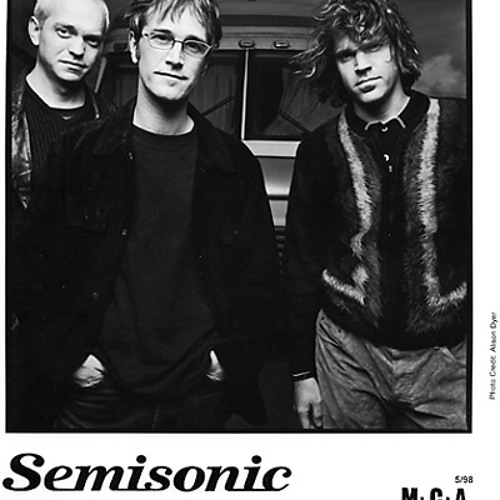

Throughout the years, the song would take on different titles-initially called “You Gotta Pay Your Dues,” in the initial sessions with The Beatles longtime collaborator George Martin-before Starr eventually landed on “It Don’t Come Easy.” Reworking “It Don’t Come Easy,” Starr eventually landed on the third version of the song, which was recorded at Trident Studios, and produced by Harrison, in 1970 and eventually made its way onto his third, self-titled album in 1973. Starr continued to revisit the song, a reflective look at love and working through the harder moments of life.įorget about the past and all your sorrows, I don’t ask for much, I only want your trust,Īnd this love of mine keeps growing all the time, Starr was also against the suggestion of Hare Krishna before the two agreed on the theme of “peace” in the lyrics. In its earlier iteration, Harrison wanted the last verse of the song to be about God, which Starr protested. Throughout the years, Starr still gave credit to Harrison as the co-writer of the track and began revisiting it. 1970, Starr worked around the 12 tracks of the album but ended up pulling one track “You Don’t Come Easy,” a song he had started writing in 1968 and was ultimately co-written with George Harrison (uncredited at the time with Harrison’s blessing). Returning to Abbey Road with a new slate of songs by Feb. Watch the music video for “Closing Time” directed by Chris Applebaum, below.John Lennon had already left the band following the release of Abbey Road in 1969, and though it wasn’t officially revealed that The Beatles were no more until April 1970, Ringo Starr already started working on his solo material, and the makings of his debut album S entimental Journey. Coco was eventually released from the hospital on the day that “Closing Time” was released as a single.Ĭlosing time, open all the doors / And let you out into the world. The famous line, I know who I want to take me home, was Wilson’s cathartic way of expressing his hope for his daughter. “It’s all about being born and coming into the world, seeing the bright lights, cutting the cord, opening up into something deeper and more universal,” Wilson previously told Mojo.Ĭoco was unfortunately born prematurely and had to be kept at the hospital for almost a year after she was born. The lyrics, Closing time, time for you to go out / To the places you will be from / Closing time, this room won’t be open / Till your brothers or your sisters come, reminded Wilson of witnessing the development of his daughter, Coco. Wilson realized that part of the song had lyrics representative of this life shift he was about to undergo. At the time he was writing this song, Wilson’s wife was pregnant with their first child. While “Closing Time” is most obviously about a bar, the setting in which Semisonic played a majority of their early gigs, Wilson also wrote it about something deeper. I run into people all the time who tell me, Oh I worked in this one bar for four years and I heard your song every single night.”Ĭlosing time, one last call for alcohol / So, finish your whiskey or beer / Closing time, you don’t have to go home / But you can’t stay here, Wilson sings in the second verse. “I really thought that that was the greatest destiny for ‘Closing Time,’ that it would be used by all the bartenders, and it was actually,” Wilson told The Hollywood Reporter. He was right-it’s a great moment in the song.”Īfter its release in 1998, “Closing Time” went on to successfully close out Semisonic tours and countless bars across the country. You need to break up the rhythm of the verses.’ So that line, Gather up your jackets, move it to the exits, I hope you have found a friend is the first time it deviates from the rhythmic pattern.

“There was one little adjustment later, which I credit to our A&R guy, Hans Haedelt. So I thought, ‘OK, I’ll write a song to close out the set,’ and then boom, I wrote ‘Closing Time’ really fast,” Dan Wilson previously told The Hollywood Reporter in 2010. “My bandmates were tired of ending our sets with the same song, so there was kind of an uprising where they demanded something different to end our nights with. And that’s exactly what it was originally written to be.ĭan Wilson, the rock band’s frontman and main songwriter, wrote the track in a quick 20 minutes to appease the band’s desire for a new closing track on tour. It’s the quintessential closing song it’s the song that lets you know it’s time to move on to the next.

Once you hear the opening chords of Semisonic’s “Closing Time,” you will likely start to gather up your jackets, move it to the exits.


 0 kommentar(er)
0 kommentar(er)
